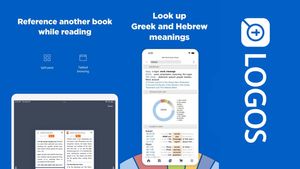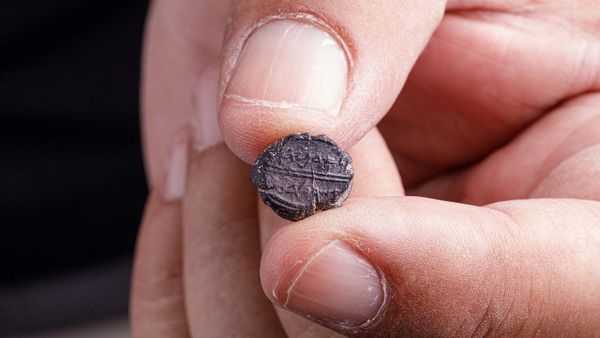Why Greek Tools Can Be Dangerous
Never before have there been such powerful tools for zooming in on the details of Greek. These are useful and I’m glad to have them. But I wince when they are misused. And they are often misused. By zeroing in on single words, and magnifying some aspect of the Greek in isolation, you are far more likely to distort the meaning than to clarify it. If you don’t grasp the meaning of the whole sentence and its context, the “tools” are destructive.
The Seminary Professors’ Debate

When I taught at a seminary, many of the professors argued that taking the trouble to learn Greek is as outdated as wearing spats. The full definition and parsing of any word is now available with the click of a mouse. Why bother cluttering your mind with Greek?
Here’s why: There is no substitute for actually reading the Bible in Greek. Just because you can describe the parts doesn’t mean you understand the whole. In fact, using the tools usually results in an atomistic focus that warps the meaning.
An Example from Chemistry
Imagine that you could click on any element of the physical universe and receive a description of its chemical makeup. That would not make you an expert in chemistry. Chemistry requires an understanding of the living interaction between the elements. Language is a living system too. It cannot be understood only by focusing on the parts. It’s not just the words in isolation that convey meaning. It’s the way they interact. And to understand this, you must be able to read the language.
An Example from Bananas
Let’s take an English sentence and see how a focus on the parts distorts the meaning. Let’s say I’m talking to my wife and say,
“I’m going to the store to buy some bananas.”
Being the good wife that she is, she uses some “tools” to make sure she understands me. She discovers that…
“I’m going” is present continuous, describing an event already in motion. She is puzzled. I’m not presently going. I’m sitting on the couch.
“to the store” She focuses on the word “to.” I will be going to the store, not into it.
“to buy some bananas.” She focuses on the word “some.” Why “some” bananas? Which ones? Will I consider only the elect bananas?
I don’t mean any of these nuances that were “uncovered” by her focus on particular words. It’s a silly example but I hope you get the point. The meaning of the sentence only makes sense a whole, when you understand the context and how the sentence works together.
The Real Solution: Learn Greek!
There is no such thing as a Greek hack. it would be dishonest to say there is a shortcut. Greek is a magnificent language, arguably the most elegant form of communication in human history. It’s worth the effort to learn. When you learn Greek you don’t just know another language. You become better at all forms of communication. It will make you better at English and give you the power to learn any other language. Best of all, it will allow you to hear the message of the New Testament like never before. You won’t just be studying words in dead isolation. You’ll hear the living language.
Original article by Dr. Maury Robertson












Member discussion